From Dec. 4, 2024 to Feb. 10, 2025, Spazio PAePA in Milan will host an exhibition by Giuseppe Uncini (Fabriano, 1929 - Trevi, 2008) entitled Solo quello che vedi - Opere autosignificanti, an exhibition that brings together a selection of works emblematic of the artist’s career. Curated in collaboration with the Uncini Archive and directed by Giuliano and Nunzia Papalini, the exhibition is an opportunity to discover the creative journey of Uncini, who has marked the history of contemporary art with his innovative approach to materials and form.
Giuseppe Uncini, originally from Fabriano, has always had an unbreakable bond with matter. His earliest works, in fact, were made with natural materials such as tuff, sand and ash, elements that from his very beginnings already expressed his search for a form of art that was not only aesthetic, but also had a profound symbolic meaning linked to the material itself. However, it was in the 1950s that Uncini began to use concrete and iron, materials that would become central to his later works and that would establish him among the protagonists of the international art scene.
The exhibition at Spazio PAePA offers a journey through this evolution. The works on display range from Shadow Walls to Dwellings, from Architectures to Spaziocement, each telling a different aspect of Uncini’s artistic journey. The Marche-based artist created sculptures as entities capable of living and placing themselves in space with absolute autonomy. His creations are expressions of a life force that interacts directly with the environment that surrounds them. Each work seems to possess its own identity, a character that depends not only on the form, but also on the material with which it is made, and the way in which it integrates into the context in which it is placed.
Giuseppe Uncini is known for helping to define contemporary art through a highly innovative language. Throughout his long career, he has exhibited in numerous international museums and galleries, and his works are part of important public and private collections. His art has been influenced by the main artistic currents of the twentieth century, but he has always maintained his own distinctive personality, characterized by his bold and experimental use of materials. Concrete and iron, elements symbolic of modernity, become in his hands expressive means that convey a feeling of robustness and hardness, but also of poetry and vitality. Uncini’s ability to combine these materials has made him an artist who knows how to give life to structures that seem to slip between sculpture and architecture, between art and function, creating works that continue to dialogue with the environment and the viewer even after they have been made.
“It was very important for me to get out, to get away completely from a certain, even decorative, way of representing things,” Urbini said. “To abandon the painting even as an object. And with reinforced concrete I was finally able to construct ’self-signifying’ forms that had, that is, no content other than the very reason for the choice of that material.”
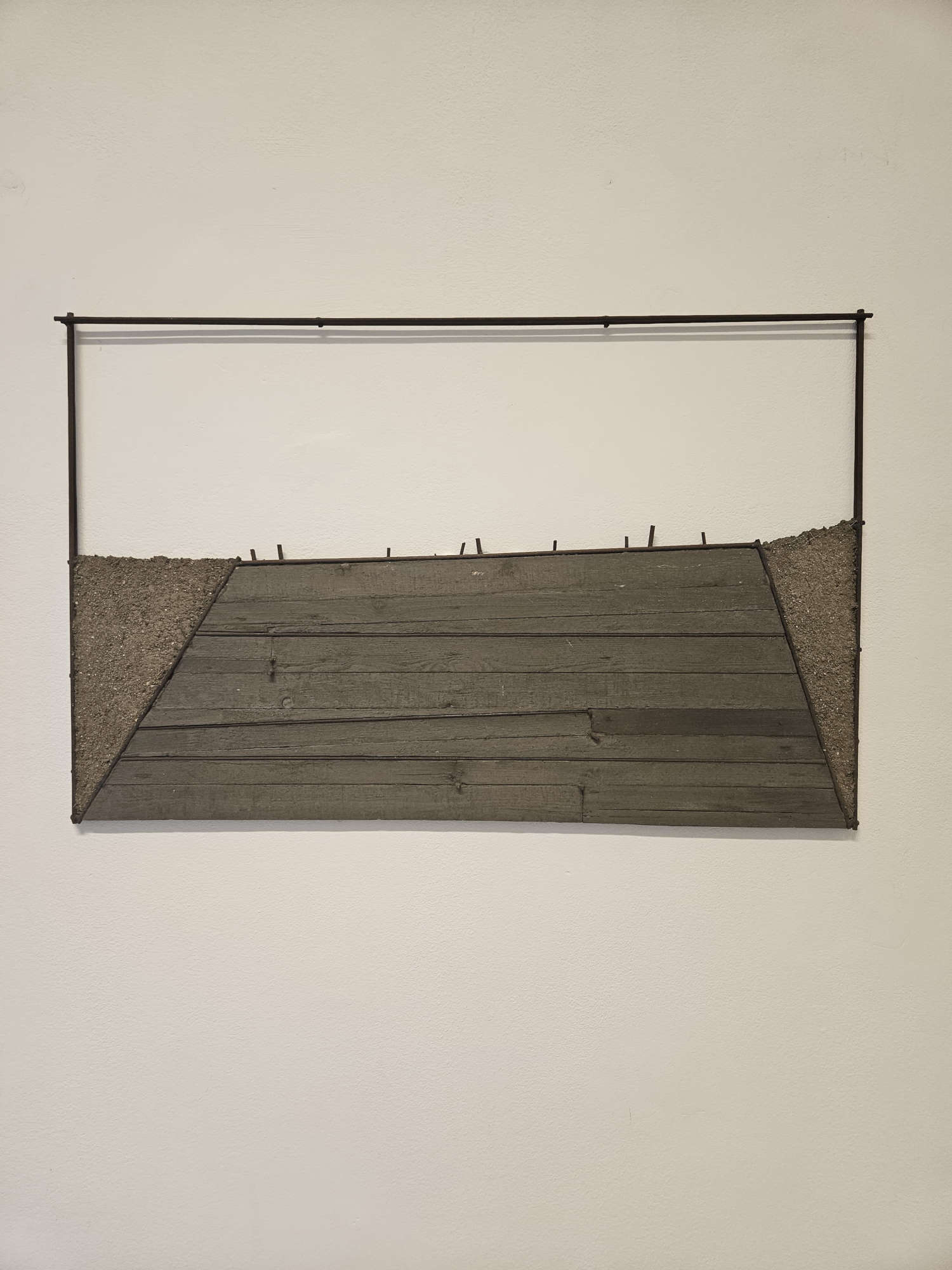
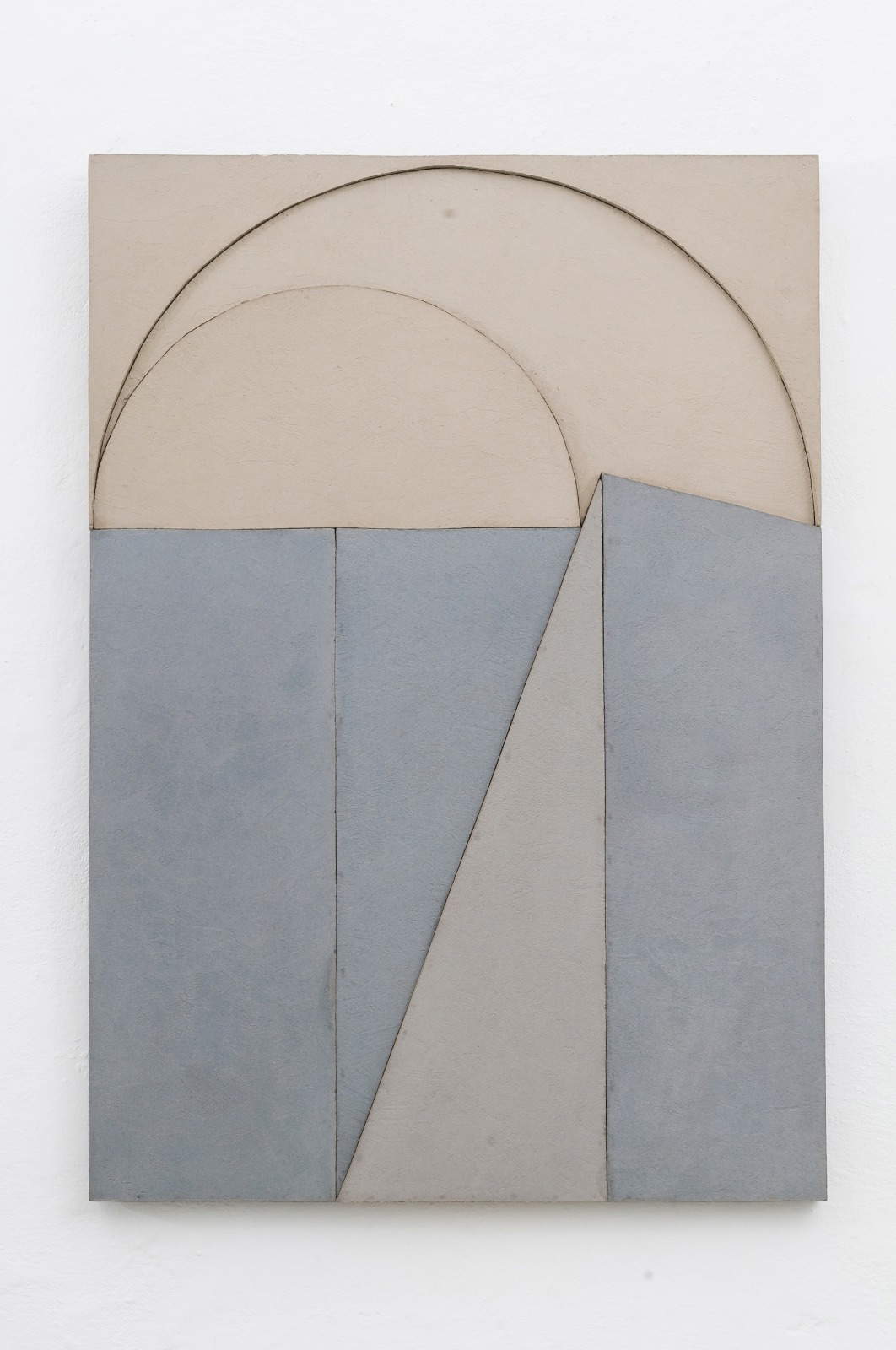
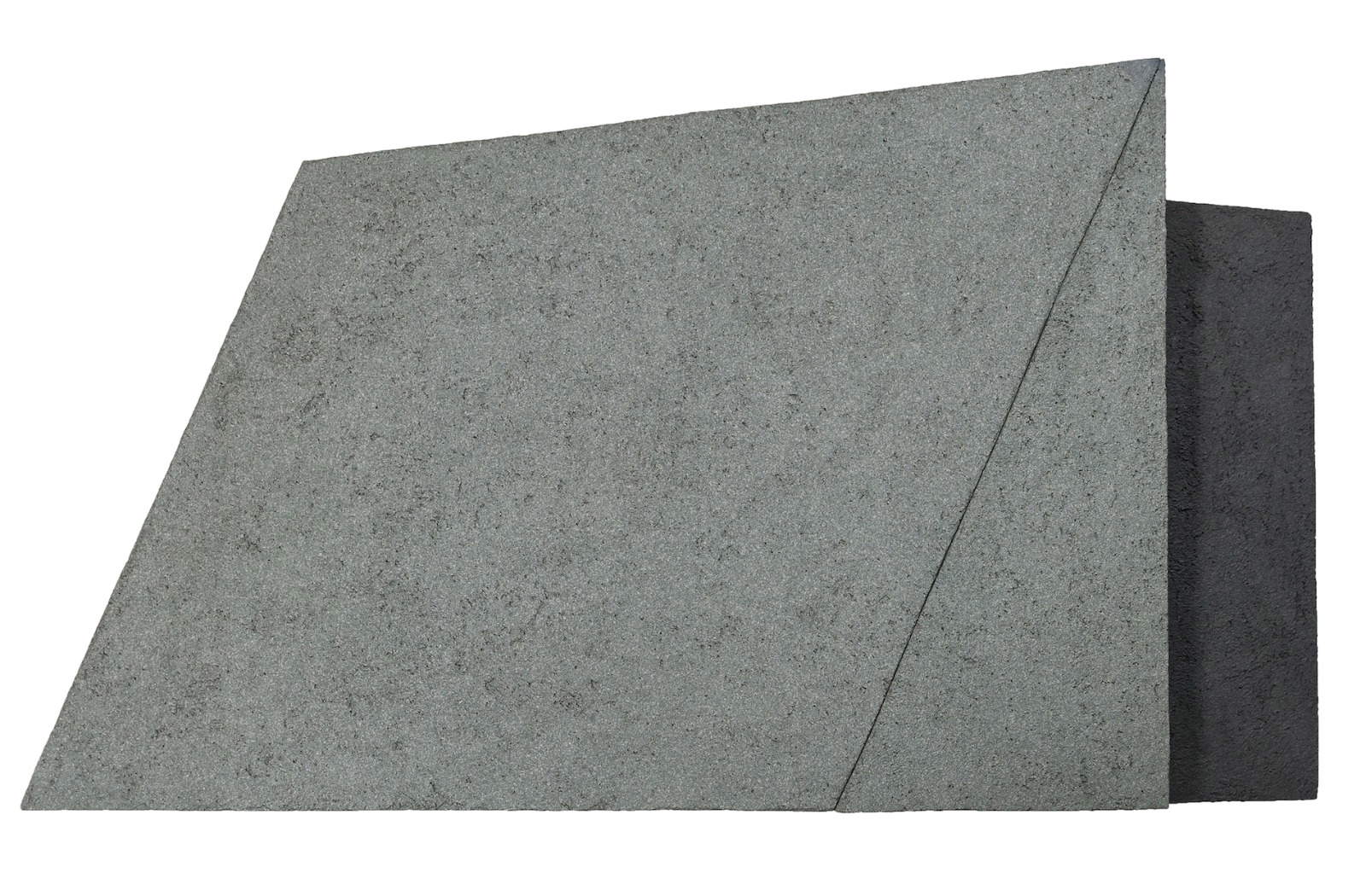
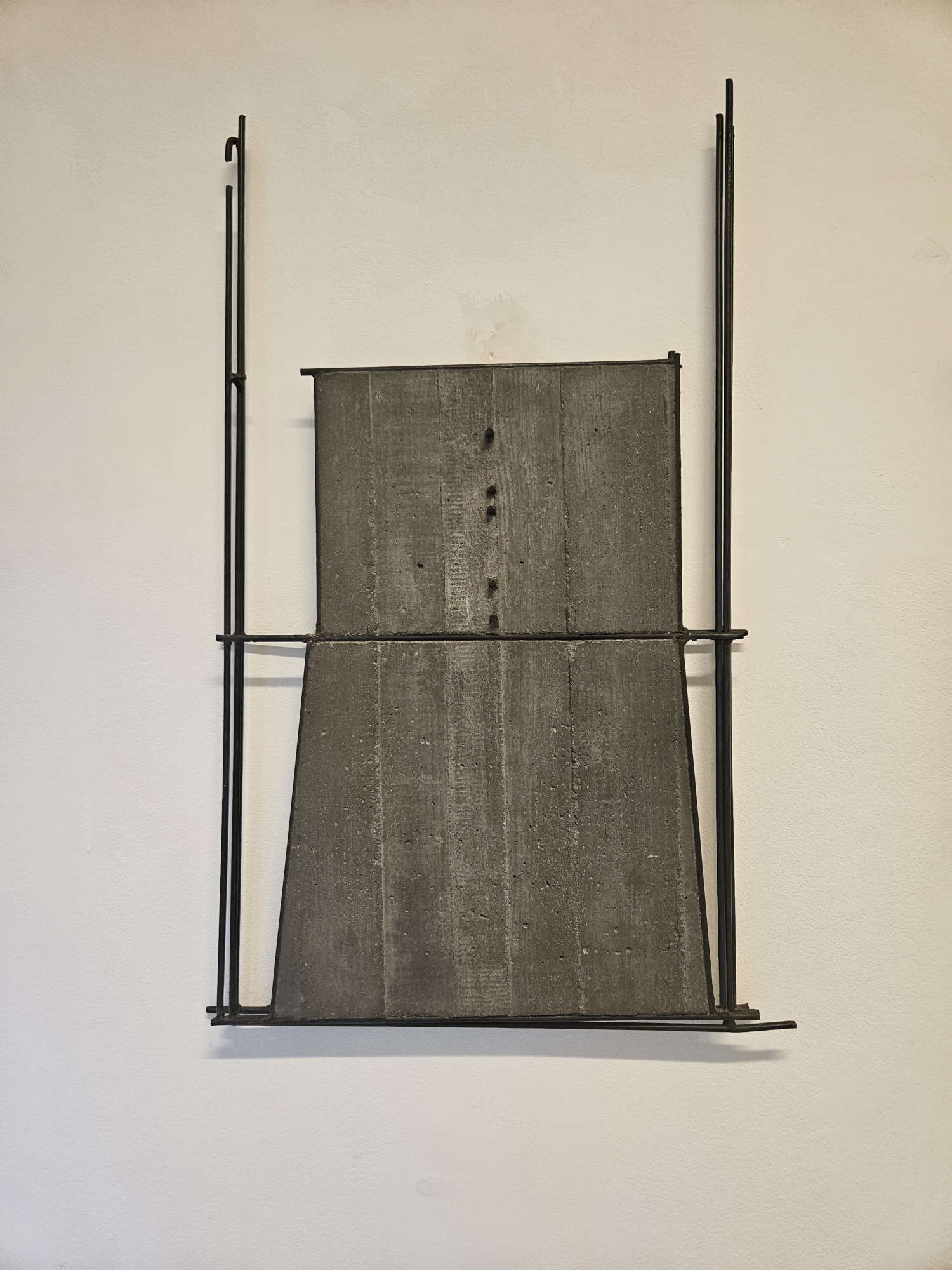
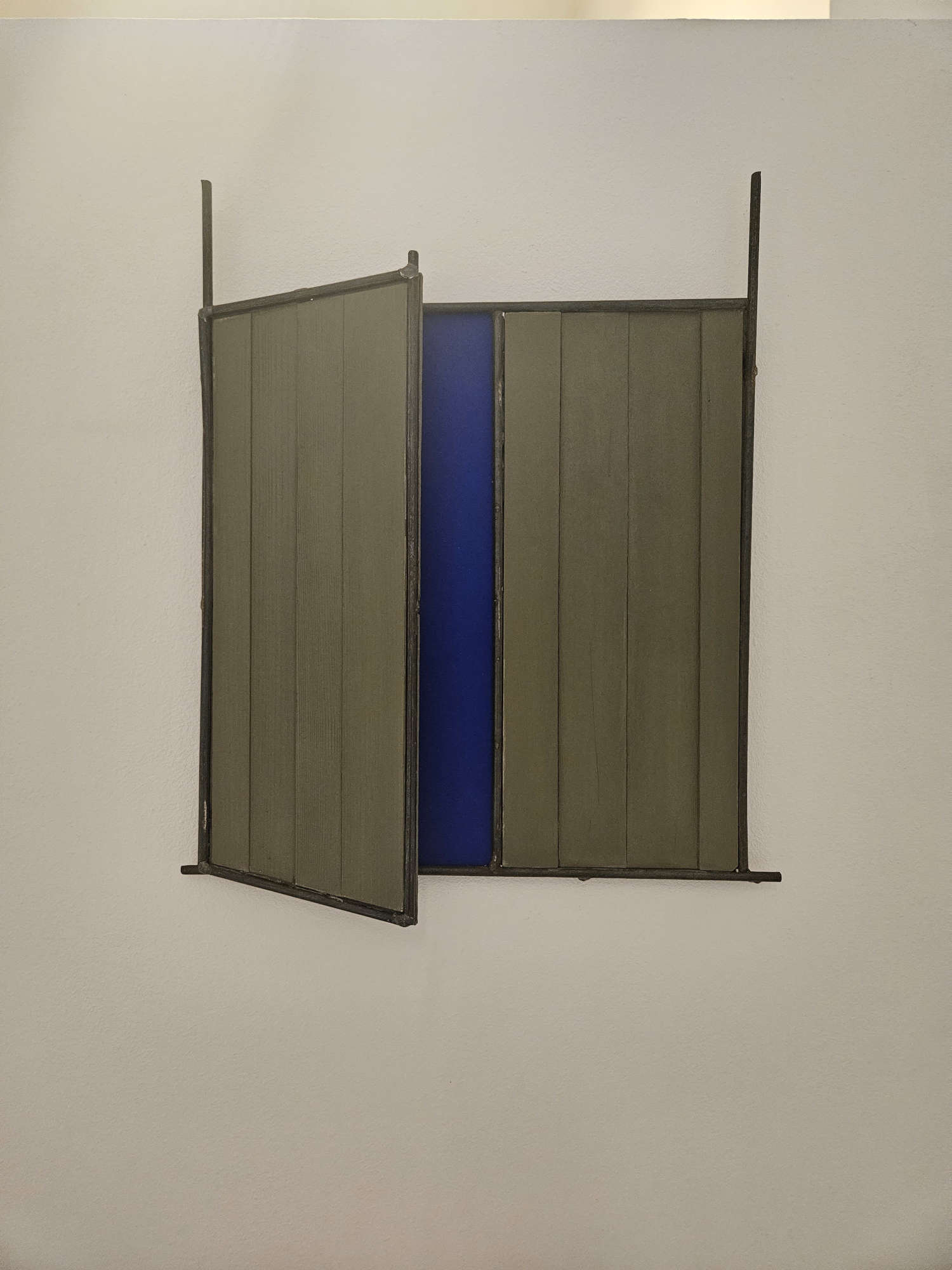
 |
| Giuseppe Uncini on display in Milan: the power of self-signifying art |
Warning: the translation into English of the original Italian article was created using automatic tools. We undertake to review all articles, but we do not guarantee the total absence of inaccuracies in the translation due to the program. You can find the original by clicking on the ITA button. If you find any mistake,please contact us.